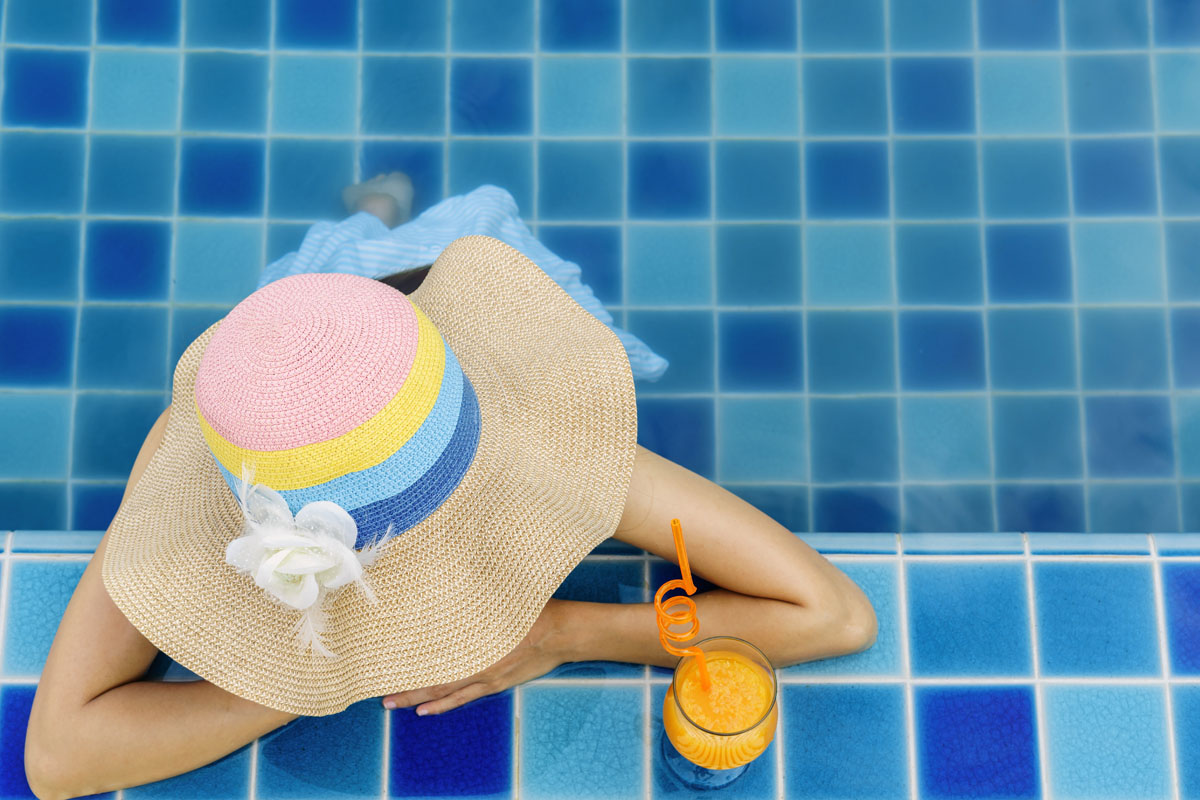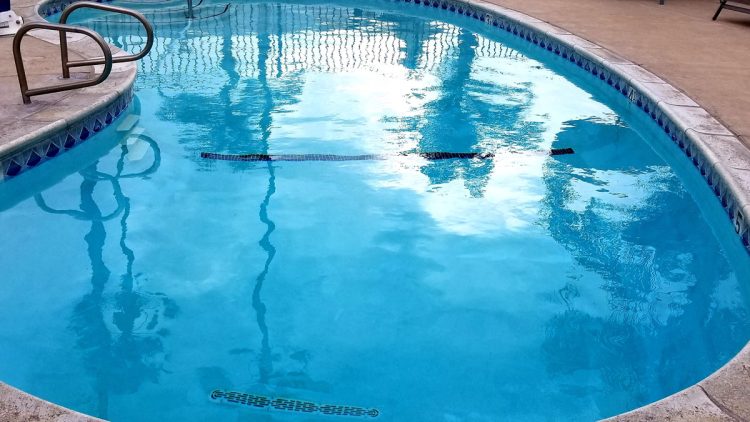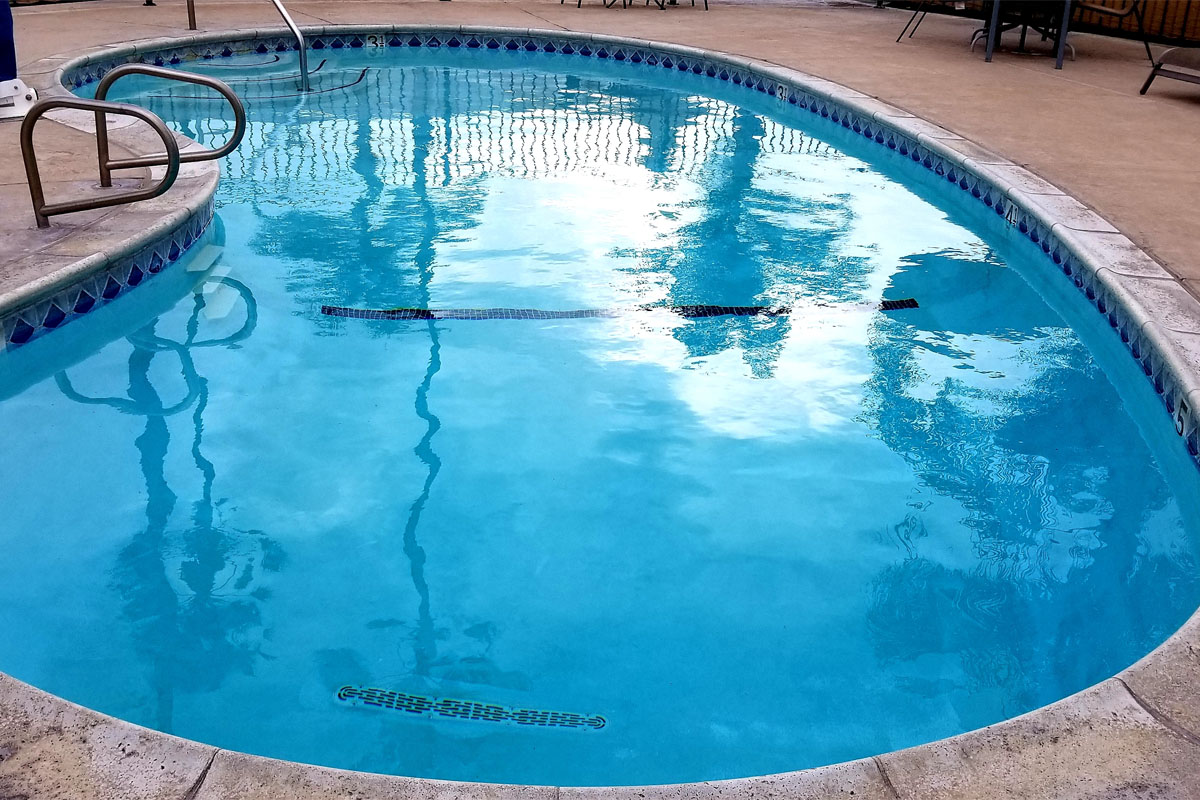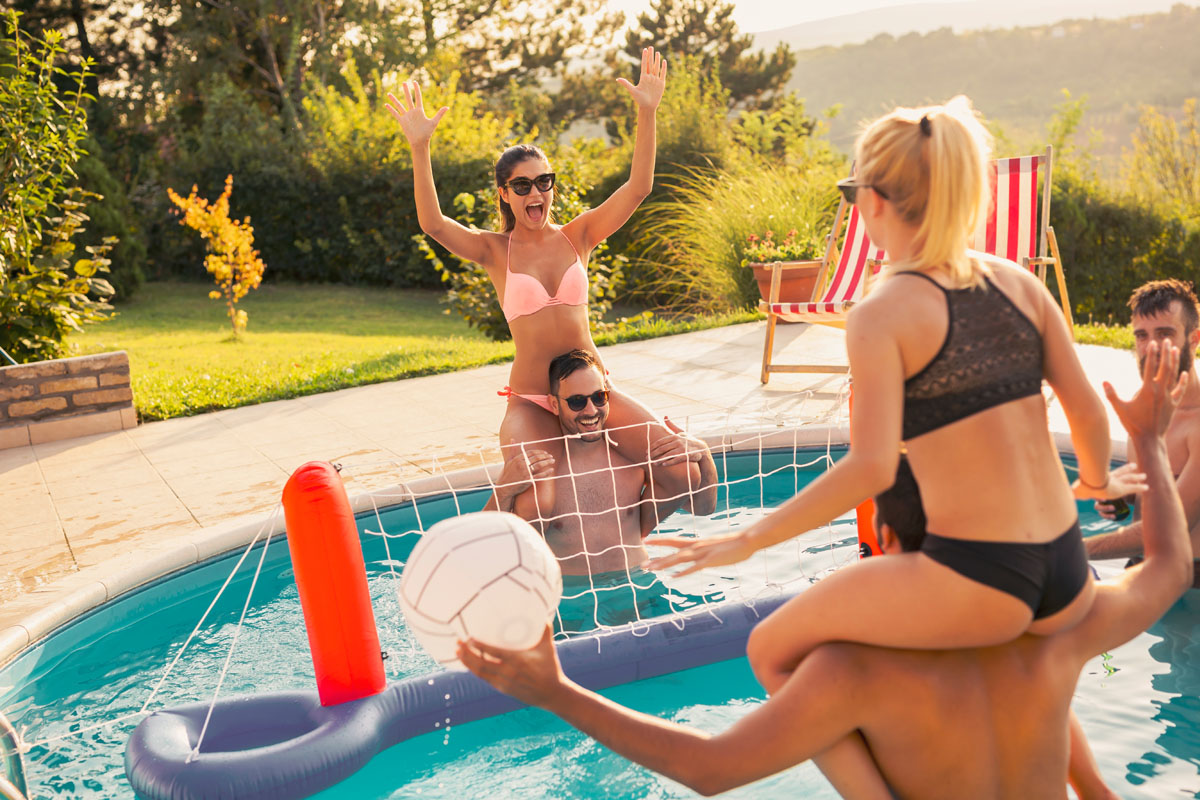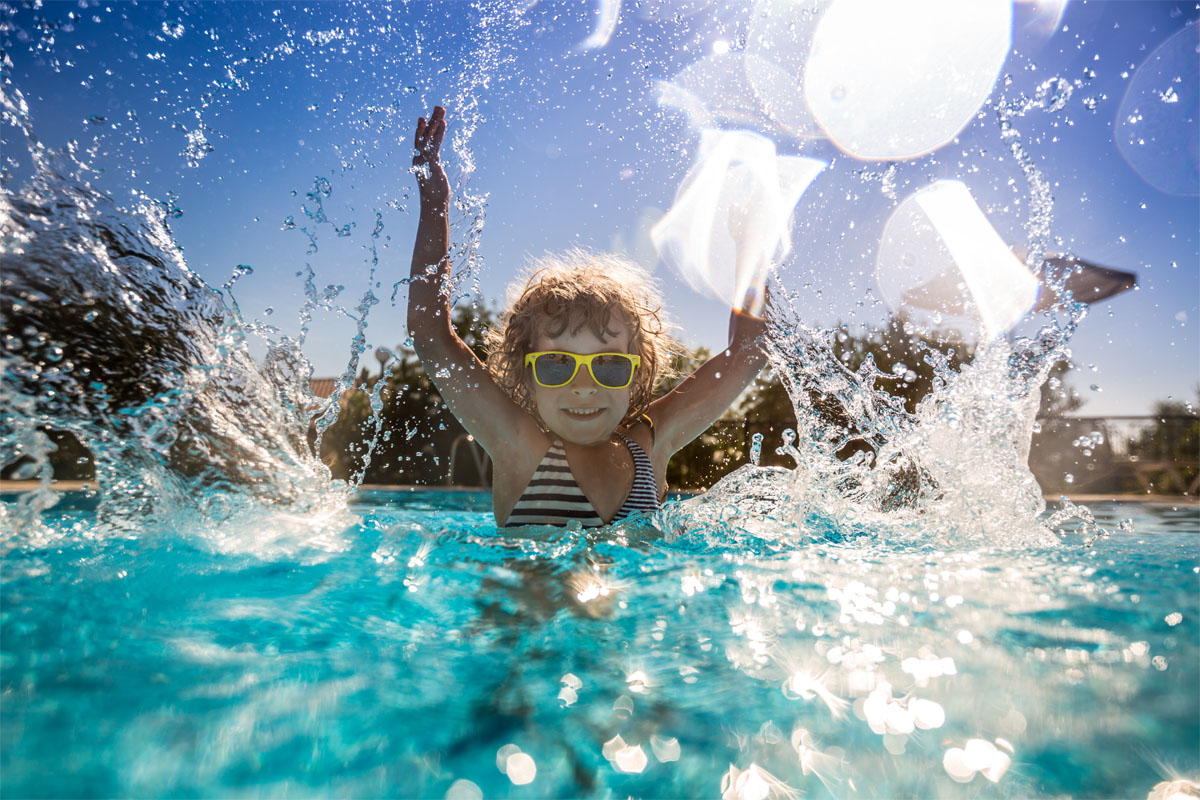What Size Sand Filter Do I Need?
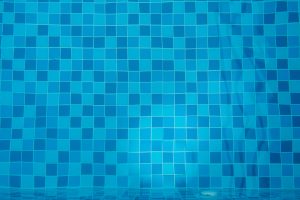
The size of the sand filter you need for your swimming pool depends on several factors, including the pool’s size, flow rate, and the specific requirements of your filtration system. Sand filters are commonly used for residential pools and are available in various sizes. Here’s how to determine the appropriate size for your pool:
-
Calculate Pool Gallons: First, you need to calculate the total number of gallons of water in your pool. To do this, measure the pool’s length, width, and average depth (or depth at various points) in feet and use the following formula:
Pool Gallons = Length (ft) × Width (ft) × Average Depth (ft) × 7.48
This formula gives you the approximate number of gallons in your pool.
-
Determine Desired Flow Rate: The flow rate is the rate at which water circulates through the filter. A common guideline is to have a flow rate of 2 gallons per minute (gpm) per 10,000 gallons of pool water. You can calculate the desired flow rate as follows:
Desired Flow Rate (gpm) = (Pool Gallons / 10,000) × 2 gpm
This gives you the flow rate required for your pool.
-
Choose the Right Sand Filter: Sand filters are rated by their flow rate capacity, typically in gallons per minute (gpm). Choose a sand filter that can handle your calculated flow rate. It’s a good idea to select a filter with a slightly higher flow rate capacity to ensure efficient filtration.
-
Check the Manufacturer’s Recommendations: Always refer to the manufacturer’s specifications and recommendations for the sand filter you are considering. Manufacturers provide guidance on the filter’s maximum flow rate capacity, which should match or exceed your pool’s calculated flow rate.
Keep in mind that sand filters come in various sizes, so you’ll want to choose one that aligns with the size of your pool and the required flow rate. Additionally, consider the quality and durability of the filter, as well as any specific features that may be important to you, such as ease of maintenance.
If your pool has special features like waterfalls, fountains, or a spa, you may need a larger filter or a multi-speed pump to accommodate the additional flow requirements.
Lastly, for the best results and to ensure proper filtration, it’s essential to maintain and backwash your sand filter regularly as recommended by the manufacturer and based on the water quality and usage of your pool. Proper maintenance will help your filter operate efficiently and keep your pool water clean and clear.
Pool Service Gilbert In Arizona
Pool Service Gilbert is a family-owned and operated business that has been serving the valley since 2004. We offer reliable and affordable pool services, including repairs, equipment installations and more! Our service area includes Ahwatukee, Chandler, Gilbert, Mesa, Phoenix and Tempe, Arizona. Contact us right here for your upcoming pool service needs.
More Articles About Pool Care
- Pool Cleaning Service Near Me
- Pool Tile Replacement
- How to Clean a Green Pool Fast
- Pool Chemicals 101
- How To Acid Wash A Pool
- What Size Sand Filter Do I Need For My Above Ground Pool?
- Common Pool Problems
- How Much Does It Cost To Replace A Pool Pump?
- How To Remove Calcium From Pool Tile
- Pool Pump Repair Near Me – Gilbert, AZ
- Acid Wash Pool Cost



